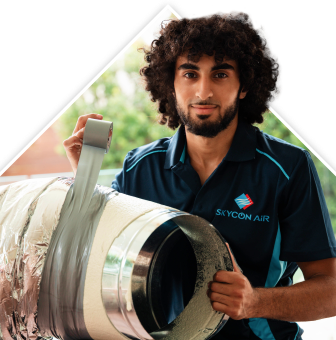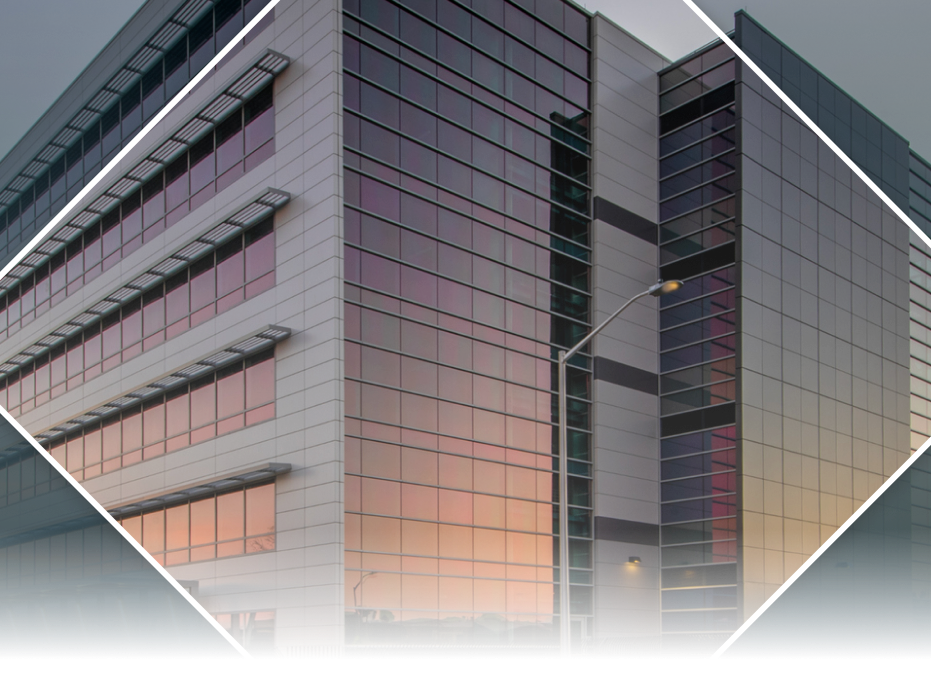When it comes to climate control in your home or business, choosing the right air conditioning system is essential for comfort, efficiency, and cost-effectiveness. Among the most popular options are the ducted air conditioning system and the ceiling cassette system Sydney. Both are great choices for maintaining the ideal temperature, but they differ in several ways. There are key differences between these two systems, this guide will help you make an informed decision based on your needs.
1. Installation Process and Aesthetics
The installation process for a ducted heating and cooling system and a ceiling cassette system varies significantly, and this can influence your choice.
Ducted System Installation:
A ducted air conditioner system involves the installation of a network of ducts throughout your property, typically in the ceiling or floor. This system is designed to distribute cool or warm air through vents installed in various rooms. Because of its complex setup, the ducted aircon requires a more extensive installation process, often involving significant adjustments to your existing structure. However, once installed, it is discreet, with only the vents visible in each room.
Ceiling Cassette System Installation:
On the other hand, a ceiling cassette system is installed directly into the ceiling. It is a more straightforward installation compared to a ducted air conditioning system, requiring only a hole in the ceiling to mount the unit. While it’s less intrusive than the ducted aircon, it may require more frequent maintenance or cleaning, as the unit is more exposed. However, it can be a great option when you want to save ceiling space and maintain a clean aesthetic.
2. Energy Efficiency and Running Costs
Energy efficiency is a critical factor when selecting an air conditioning system. Both systems offer good energy-saving features, but they differ in how they operate.
Ducted Air Conditioning System:
A ducted air conditioning system typically uses a central unit to control the temperature for the entire house or building. The system can be zoned, allowing you to control the temperature of different areas individually. This zoning feature makes it highly energy-efficient, especially if you only need to cool or heat certain rooms at specific times. While the ducted air con is more energy-efficient for larger spaces, it can have higher upfront costs due to the complexity of installation and the energy required to power the ducts.
Ceiling Cassette System:
A ceiling cassette system offers a more localized cooling solution, cooling only the area it is installed in. This makes it an ideal choice for small to medium-sized spaces. While it might not be as energy-efficient as a ducted system in large properties, it can be more cost-effective for individual room installations or when only certain areas of a building require cooling or heating. However, for larger spaces, you may need to install multiple units, which could increase both the upfront cost and the running costs.
3. Air Distribution and Coverage
The way each system distributes air plays a significant role in their efficiency and performance.
Ducted Air Conditioning System:
With a ducted air conditioner system, the air is distributed evenly throughout the building via ducts and vents. This allows for uniform cooling or heating across multiple rooms. It’s particularly advantageous for homes or commercial spaces with several rooms, as it can maintain consistent temperatures in all areas. The ducted AC is highly effective for large homes or offices, providing a balanced and quiet airflow.
Ceiling Cassette System:
A ceiling cassette system Sydney, on the other hand, is designed to provide airflow in multiple directions. The unit itself typically has four-way airflow, ensuring that the air is distributed across the room evenly. While this provides excellent coverage for smaller spaces, it might not be as efficient for larger areas that require widespread cooling or heating. Additionally, the ceiling cassette system tends to be more effective in spaces with open floor plans, where it can circulate air efficiently without barriers.
4. Maintenance and Cleaning
Maintenance is crucial for the long-term performance of any air conditioning system. The complexity of the system plays a major role in how often you will need to service it.
Ducted Air Conditioning System:
The ducted air conditioning system requires regular maintenance, particularly the cleaning of the ducts to prevent dust and debris build-up. Over time, the ducts may also need to be inspected for leaks or damage, which can affect the overall performance of the system. However, because the system operates through vents, maintenance is usually less frequent than the need for servicing a ceiling cassette system, especially if the ducts are properly sealed.
Ceiling Cassette System:
In contrast, a ceiling cassette system Sydney requires more frequent cleaning and maintenance because the unit is exposed to dust and debris. The filters and drain lines need regular attention to maintain optimal performance. While the ceiling cassette system is less invasive, it may need more attention over time to prevent issues like clogged filters or blocked drains, which can affect the cooling capacity.
5. Noise Levels
Noise can be a major concern when choosing an air conditioning system, especially if you plan to install it in living or working spaces where comfort is key.
Ducted Air Conditioning System:
Generally, a ducted air conditioning unit operates quietly, as the main unit is often located outside or in a central location away from living areas. The only noticeable sound will be the airflow from the vents. If installed and maintained properly, ducted aircon systems are designed to be quiet, making them an excellent option for spaces where noise could be disruptive.
Ceiling Cassette System:
The ceiling cassette system Sydney, while still quieter than many other air conditioning units, may produce more noticeable noise due to the unit’s proximity to the room. The fan inside the unit can create some noise, especially at higher speeds. However, modern ceiling cassette systems are designed to be quieter than older models, and some units even come with noise-reducing features to minimize sound output.
6. Suitability for Different Spaces
The decision between both system for air conditioning Sydney often depends on the type of space you are looking to cool or heat.
Ducted System:
Ideal for large homes, commercial spaces, and buildings where uniform temperature control is required, the ducted air conditioning system can handle multiple rooms at once and maintain a consistent temperature. It is an excellent choice for both residential and business properties that require a quiet, efficient solution for their climate control needs.
Ceiling Cassette System:
The ceiling cassette system is better suited for smaller spaces or single-room applications. It is an excellent choice for rooms like offices, bedrooms, or studios where one central unit can efficiently handle the cooling or heating needs. It’s also suitable for spaces with open floor plans, as the ceiling cassette system can efficiently circulate air across the entire room.
Conclusion
Both the ducted air conditioner system and ceiling cassette air conditioner have their own set of advantages, depending on your specific needs. A ducted air con is the ideal choice for larger spaces or buildings requiring even temperature control and greater energy efficiency, while a ceiling cassette system works well for smaller, more localized spaces with open floor plans.
At Skycon Air, we specialize in providing top-quality ducted air conditioning systems and ceiling cassette systems across Sydney. With years of experience and a commitment to excellence, we offer efficient, reliable, and professional installation and maintenance services for residential and commercial spaces. Contact us at 1300 264 424 or book us online to learn more about how we can elevate your comfort with our Sydney-wide services.







